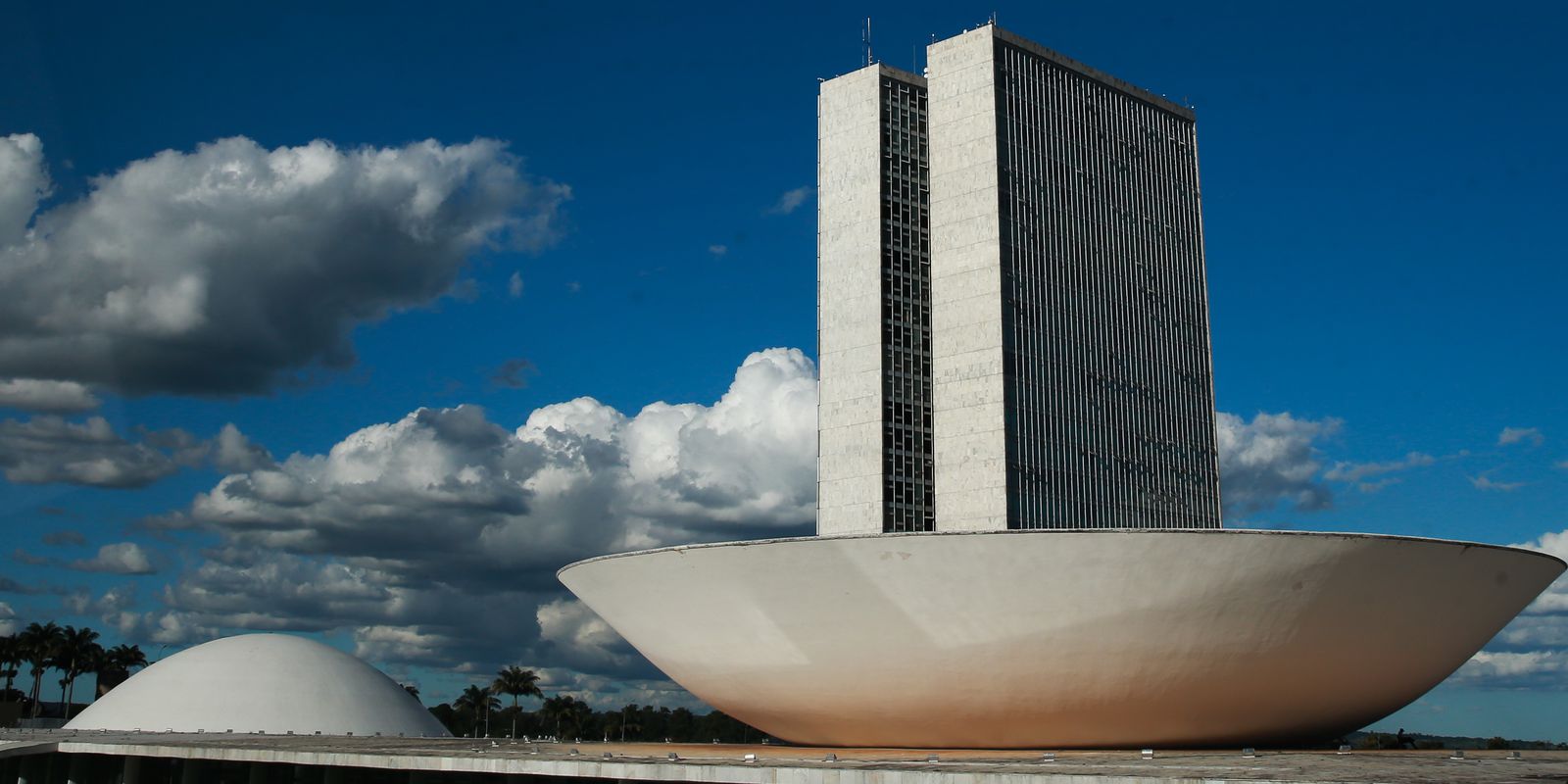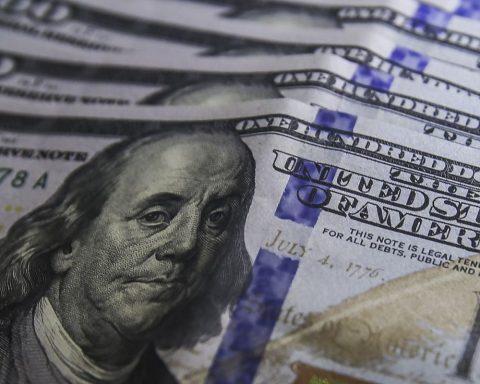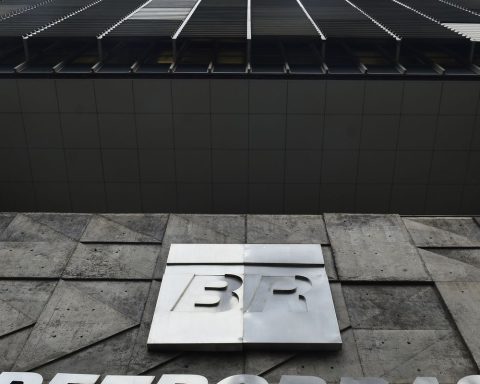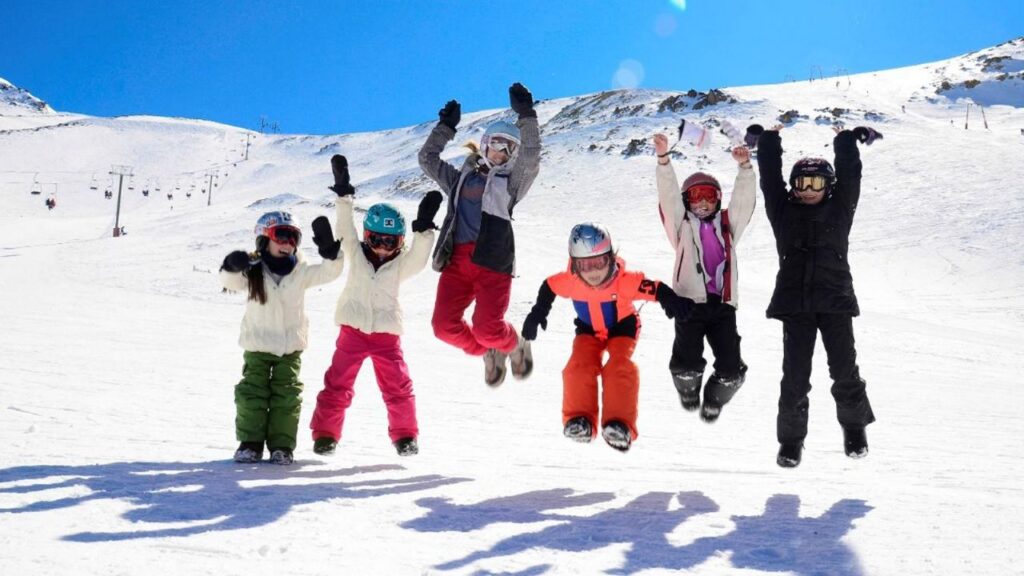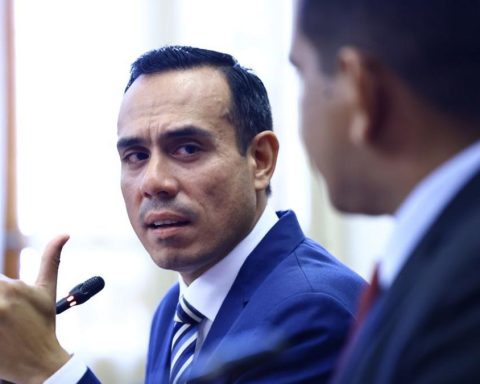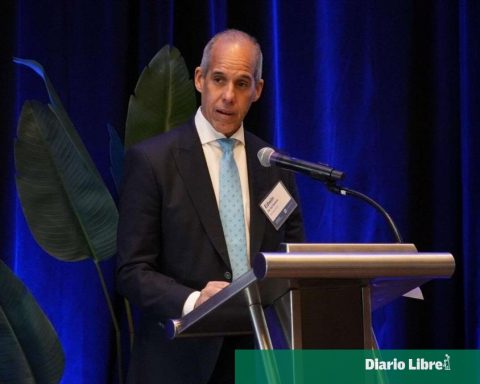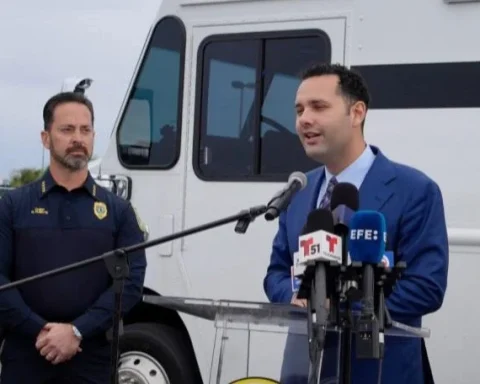The Chamber of Deputies approved this Wednesday (3), by 408 votes to 9, a bill that increases penalties for crimes of theft or robbery committed in cases of fire, shipwreck, flood or disaster, including any state of public calamity, epidemic or pandemic declared by the authorities. The proposal goes to the Senate.
According to the author of the proposal, Junio Amaral (PL-MG), the repression of these conducts with mere aggravation usually results in a very small increase in the penalty. “Committing the crime of theft taking advantage of vulnerabilities generated by tragedies demonstrates, without any doubt, greater insensitivity and opportunism”, says the deputy.
According to the text, the penalty for theft will change to imprisonment from two to eight years and a fine, double that for simple theft (imprisonment of one to four years and a fine). The theft penalty, currently punishable by imprisonment of four to ten years and a fine, will be increased by two thirds.
In situations in which theft or theft is related to goods, supplies or medical, hospital, therapeutic, sanitary or vaccinal equipment, the penalty will be increased from one third to one half. If these goods or supplies are appropriated by a public official, when committing the crime of embezzlement, the penalty will be imprisonment, from three to 13 years, and a fine.
“Recently, cases of vaccine theft have been reported in some states, as well as situations in which the health professional simulates the application of the vaccine in order to divert the vaccine asset, for their own benefit or for others. Furthermore, there are those agents who take advantage of restrictive measures of lockdown and a curfew to steal and steal any goods”, argues deputy Lucas Redecker (PSDB-RS).
Contrary to the proposal, Deputy Glauber Braga (PSOL-RJ), said that the change in legislation can punish twice a person already affected by a disaster. The PSOL was the only party to advise against the proposal.
“I come from a region that was the most affected by a climate disaster in Brazil. And at that time, some supermarkets raised the value of water for people to drink to new heights. People became thirsty. So you want to tell me that the citizen who, in a circumstance like this, went there and got water to drink, has to have a qualifier? He is already being penalized twice for a tragedy. Will the citizen who was unable to eat because of a tragedy be penalized twice because he went to get food?”
